EU urges deeper partnership with India, flags Russia ties could stall trade deal
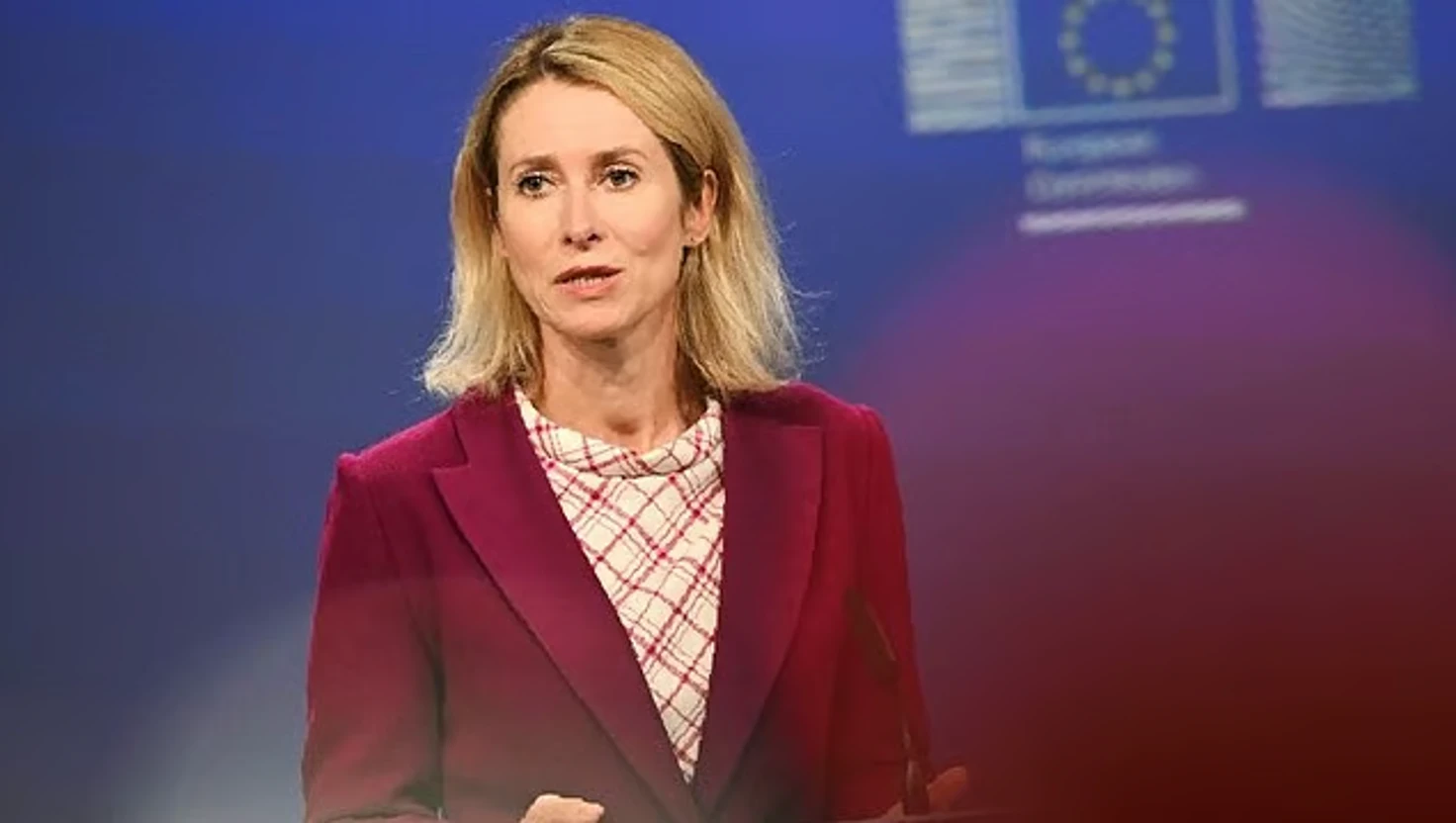
EU urges deeper partnership with India, flags Russia ties could stall trade deal
European Union officials caution that India's ties with Russia could affect upcoming trade negotiations, urging stronger partnerships.
The European Union (EU) is calling attention to what it sees as a potential impediment in its efforts to strengthen relations with India. Concerns have been raised regarding New Delhi's ongoing purchases of Russian oil and its participation in military exercises with Moscow. These factors may complicate current negotiations for a significant trade agreement between the two entities.
In a recent announcement, EU foreign policy chief Kaja Kallas highlighted the need for a closer partnership with India, not just in trade but also in defence, particularly in light of shifting global dynamics and increased geopolitical tensions. "Our partnership is not only about trade, but also about defending the rules-based international order," she stated during a press briefing.
In a recent announcement, EU foreign policy chief Kaja Kallas highlighted the need for a closer partnership with India, not just in trade but also in defence, particularly in light of shifting global dynamics and increased geopolitical tensions. "Our partnership is not only about trade, but also about defending the rules-based international order," she stated during a press briefing.
A Changing Global Landscape
The backdrop of these discussions is the ongoing conflict in Ukraine, which has significantly affected global oil markets and international relations. As traditional European markets have imposed sanctions on Russia, India has emerged as a crucial buyer of Russian oil, reportedly saving billions amid the crisis. This dynamic places India in a unique position, balancing its longstanding ties with Russia against its aspirations for closer ties with the EU and the United States.
The EU's apprehensions are further compounded by India's participation in military drills alongside Russian forces. Recently, India took part in the Zapad military exercises, conducted jointly with Belarus near NATO borders. Kallas expressed that such involvement posed obstacles to deeper cooperation, stating, "Participating in military exercises, purchases of oil—these are hurdles we face in our partnership."
Diplomatic Dynamics
Despite the concerns about New Delhi's relationship with Moscow, EU officials do not expect India to completely sever its ties with Russia. Kallas noted that historical connections and geopolitical realities make such a decoupling unlikely. However, she emphasised the importance of dialogue and addressing these challenges collaboratively.
The EU is the largest trading partner for India, with trade having surged by 90 per cent over the past decade. Discussions are ongoing regarding a free trade agreement, which both parties hope to finalise by the end of 2025. EU Commissioner for Trade, Maros Sefcovic, mentioned that any delays could inadvertently lead to opportunities being seized by other global actors, particularly China.
Future Prospects
Calls for a deeper engagement with India come amidst pressure from the United States, which has recently imposed significant tariffs on Indian imports in response to continued oil trades with Russia. Although EU officials are advocating for enhanced cooperation, there is apprehension about imposing sanctions on India given the complex geopolitical landscape.
EU leaders, including Ursula von der Leyen, have reiterated the urgency of strengthening partnerships in light of current challenges. However, concerns linger over how India's ties with Russia may impact overall negotiations.
As the EU and India look towards a high-level summit planned for early next year, the discussions are expected to focus on establishing a joint roadmap addressing these challenges, particularly with regard to security and defence cooperation.
Kallas concluded by stating, "The question is whether we leave this void to be filled by somebody else or whether we try to fill it ourselves. Our aim is to deepen ties while navigating these delicate issues."
Both the EU and India are at a crossroads in their diplomatic relations, with considerable potential for collaboration yet significant hurdles to overcome as they strive to forge a mutually beneficial partnership in an increasingly complex world order.
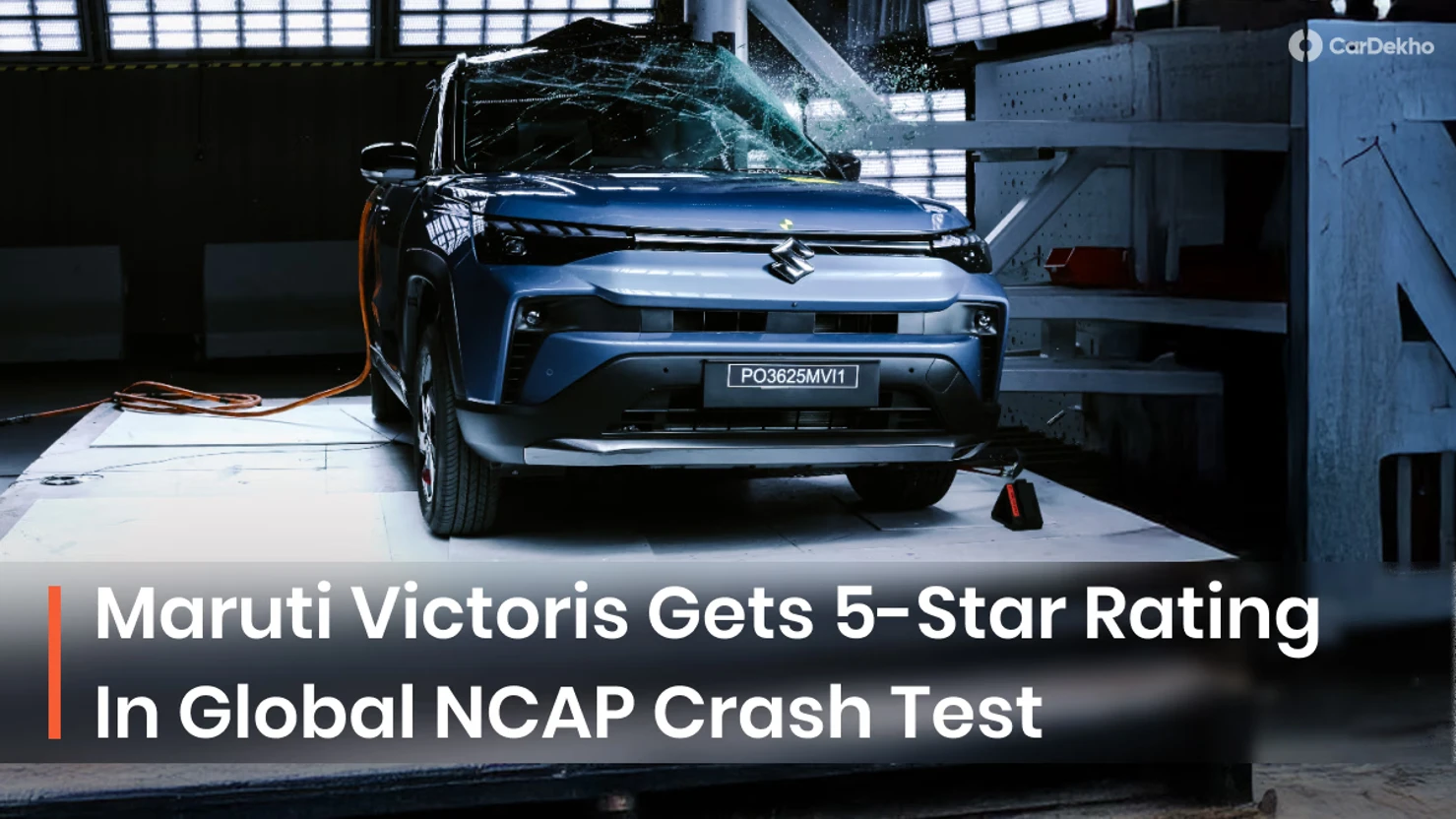
Maruti Suzuki Victoris Debuts in India with 5-Star Safety Rating
The Maruti Suzuki Victoris SUV launches in India, starting at Rs 10.50 lakh, boasting a 5-star safety rating from Global NCAP.
| 2025-09-16
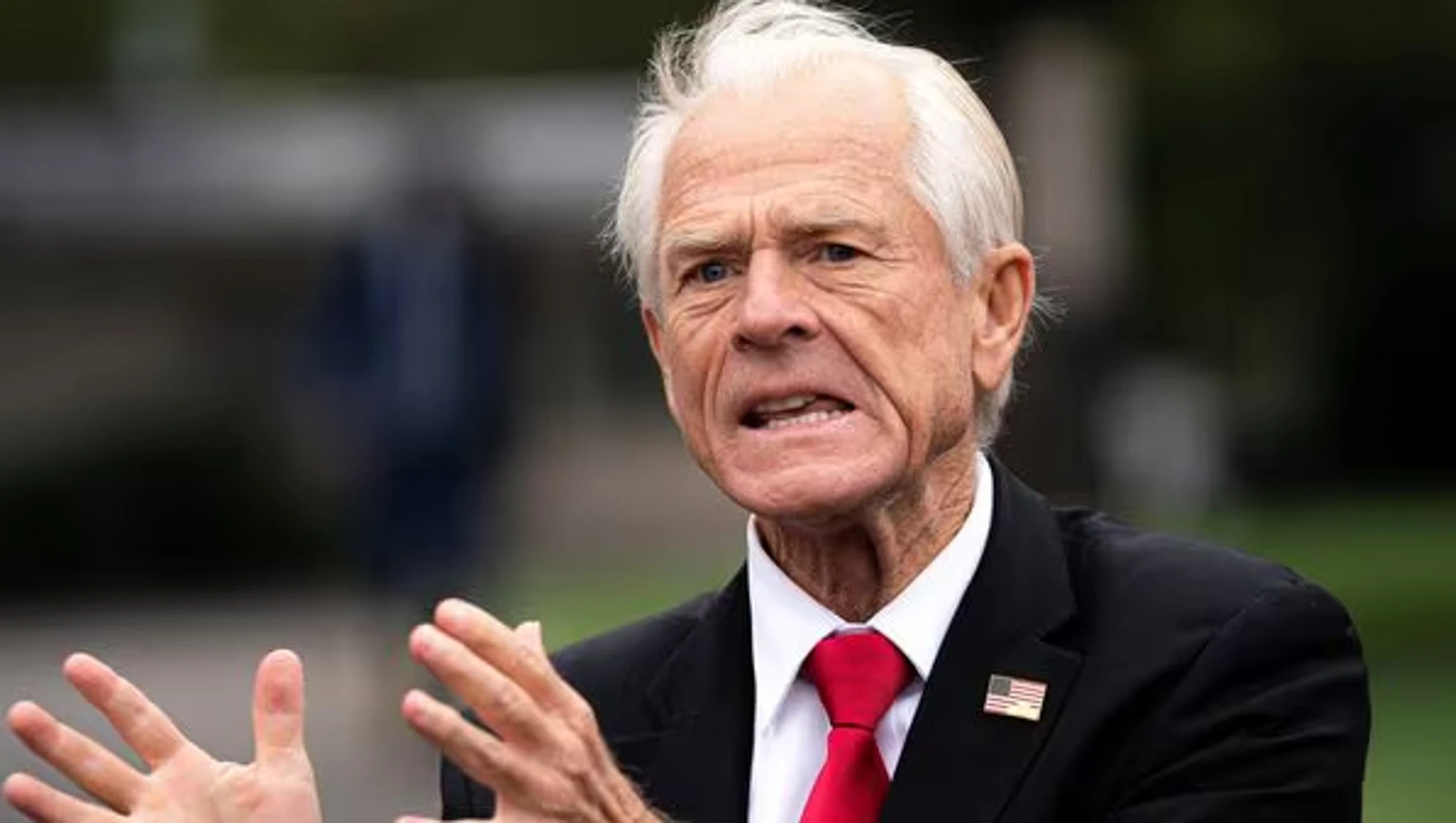
Trump aide Peter Navarro again targets India over tariffs, Russian oil purchases
Ahead of a key visit, the US Trade Advisor highlights concerns regarding India's trade policies and purchases of Russian oil.
| 2025-09-16
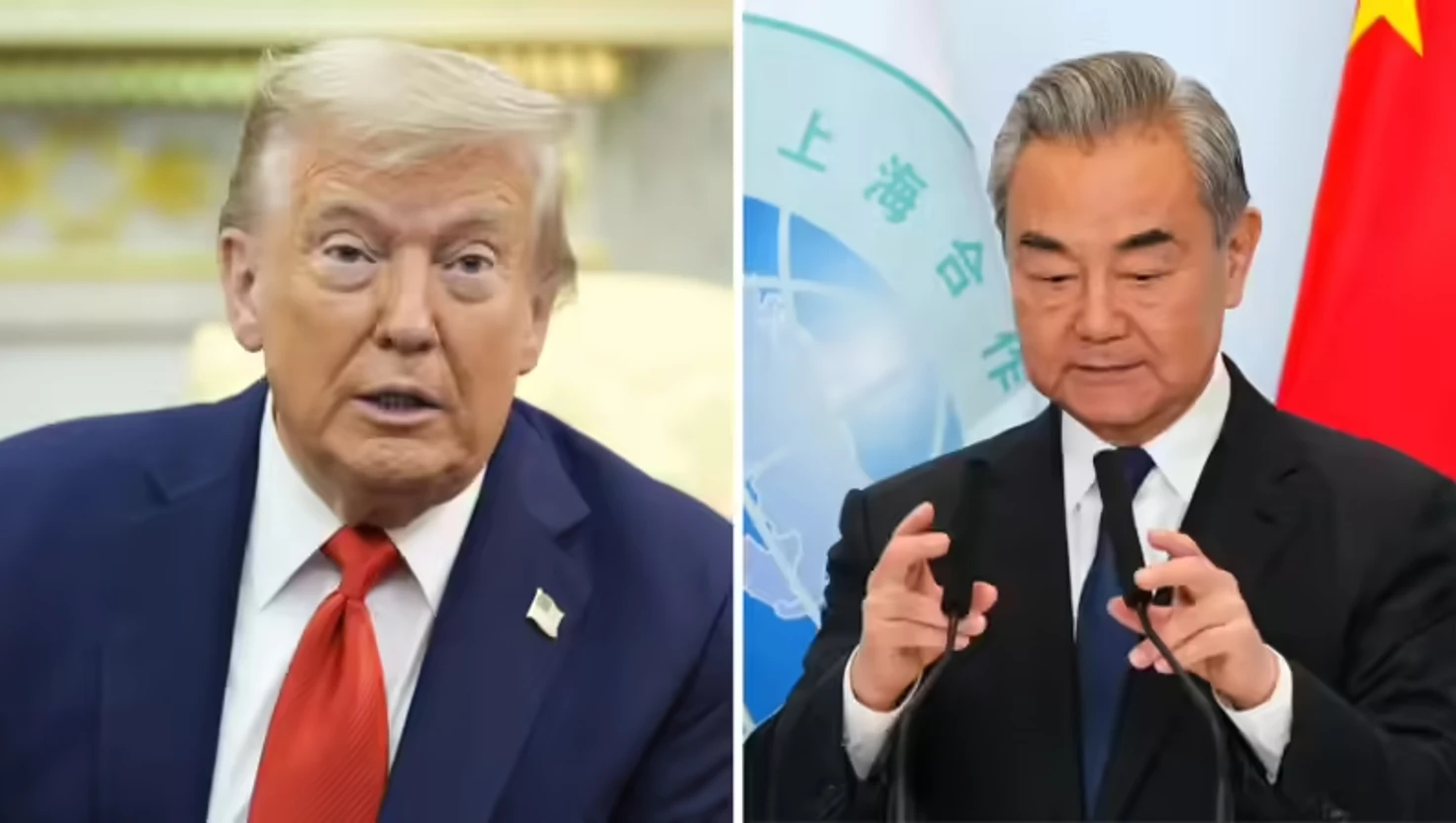
China Slams Trump's Tariff Threat over Russian Oil; Decries US Appeal to NATO
U.S. President Donald Trump calls on NATO members to cease Russian oil purchases as China rebuts proposed tariffs over its energy dealings.
| 2025-09-15

Surge in H3N2 Influenza Cases Reports in Delhi Hospitals
Delhi hospitals report a rise in H3N2 influenza cases, prompting health officials to urge vigilance and protective measures amidst ongoing illness.
| 2025-09-14
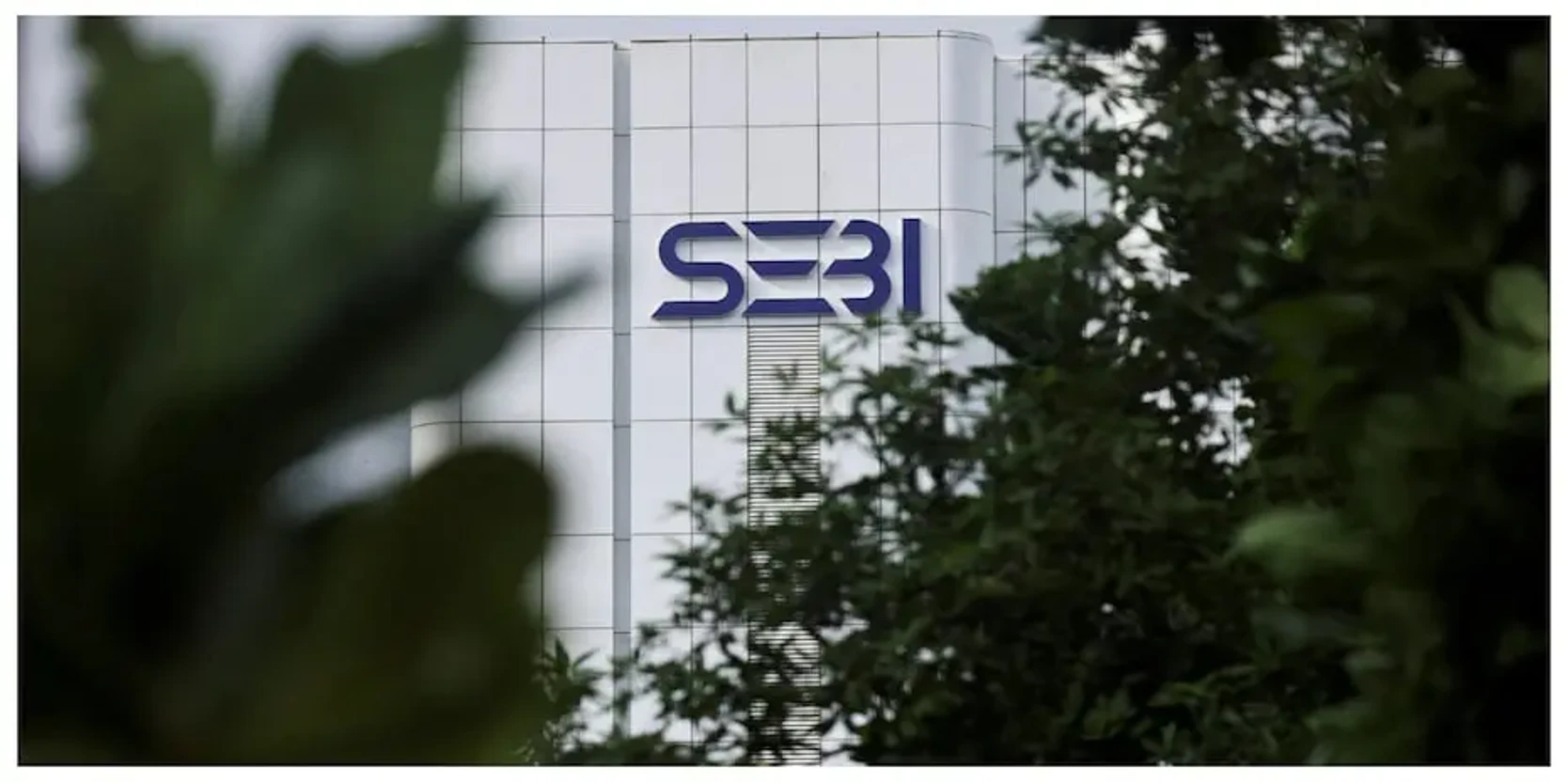
SEBI Eases IPO Regulations for Large Companies and Foreign Investors
The Securities and Exchange Board of India relaxes IPO requirements while introducing new frameworks aimed at foreign investors and compliance.
| 2025-09-13




